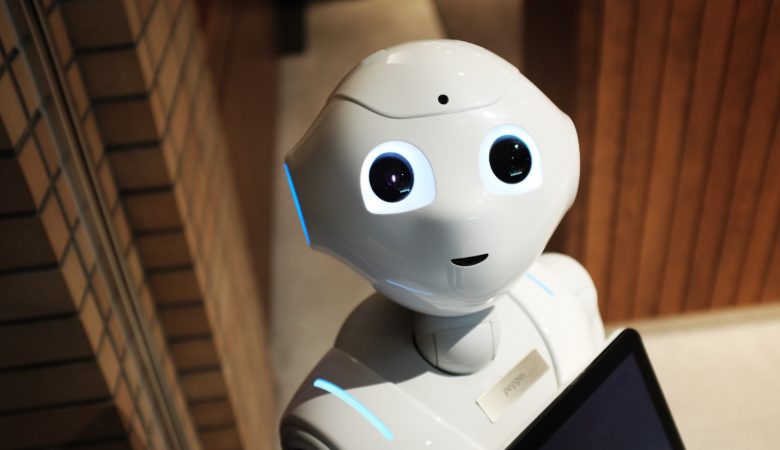Τhe impact of artificial intelligence on intellectual property rights.
Artificial Intelligence (AI) refers to those systems of computer science that demonstrate intelligent behavior and are concerned with building smart machines. Some recent headlines refer to paintings produced by machines or drugs discovered by computer programs. The number of enterprises implementing AI technologies has grown by 270 percent over the past four years with a profound impact on the world. AI is already having a significant impact on the creation and distribution of goods and services. One sector that has been revolutionized by AI is healthcare, where drug discovery and development has been speeding up.
The relationship between AI and IP is correlative. IP regulates and can protect AI, while AI may assist in the management of Intellectual Property Rights. For instance, WIPO Translate uses AI-based applications for automated translation. It is fundamental for the IP environment to encourage new technologies and create a sustainable economic basis for inventions. But what happens when an AI machine in the form of a robot makes choices and creates works independent of human creativity?
The US Patent and Trademark Office (USPTO) has ruled that artificial intelligence systems cannot be credited as an inventor in a patent. Under the current legal framework in Australia, the creator of an artificially intelligent machine will generally retain copyright over the machine’s source code. However, the AI-created works will not attract the same copyright protection due to the lack of human intervention. In the same direction the UK High Court has dismissed an appeal against the decision of the UK Intellectual Property Office (UKIPO) rejecting the naming of an AI system as inventor on two patent applications.
Significant legal queries arise by the autonomous decision-making of AI-powered systems. If a smart machine can generate subject matter, in case that this subject matter infringes third party IP, who will be held responsible? European patent law does not provide a definition of inventorship, although there is a presumption that it belongs to a ‘natural person’. Concerning the copyright, as of now, the AI are copyrighted by its creator.
Other perspectives include the recognition of AI inventorship (Pearlman,2018), but the rights being instantly awarded to the creator of the AI, the user of the AI, or to both creator and inventor as a joint invention. Abbott calls for the recognition of computers as inventors, yet avoids assigning patent ownership to computers or AI systems. The Artificial Inventor Project also, claims that AI should be listed as an inventor.
The Committee of Legal Affairs (CLA) in the A9-0176/2020 Report of the European Parliament, stated the importance of creating a fully harmonized and operational regulatory framework in the field of AI technologies, as a regulation. According to the CLA a balanced Intellectual Property Rights framework about AI technologies, will build the legal certainty and encourage the investment. The principle of originality may block the works produced by artificial agents and robots from copyright protection, because it is linked to a natural person.
According to Economist Dr. Sary Levy AI is the attempt to mimic human intelligence using software, which is ultimately programmed by a person. What happens with these processes is that they are recursive and applied countless times, this way the results show emergent properties. Therefore, the results (innovations) are due to a person’s programming effort. There is no doubt that AI changes the traditional process of creation and innovation and therefore has implications for companies’ innovation strategies, but ultimately it is the software developer, who is responsible (author/inventor) for the result.
In the near future, AI systems may not only create value by innovating novel products, but they may also violate existing intellectual property laws. It is incumbent on IP enforcement authorities to recognize the human administrator as the true owner of AI produced innovation as well as the responsible party for its misdeeds, says Philip Thompson, trade and IP analyst at Property Rights Alliance.
Generally, there is a global push towards covering the AI innovations under patent law scope. The innovations of AI inventions face many issues when protecting their data. Patents are ideal for giving the inventor a monopoly protection. However, the slow patent process with a 20-year time framework in mind, may be inappropriate for AI innovations. The worth of human thinking and invention should be the first priority for the legislator. Specific laws will contribute to clarify the blurry landscape of IP protection for AI innovations, that are transforming every walk of life.
Photo Credit: Alex Knight

